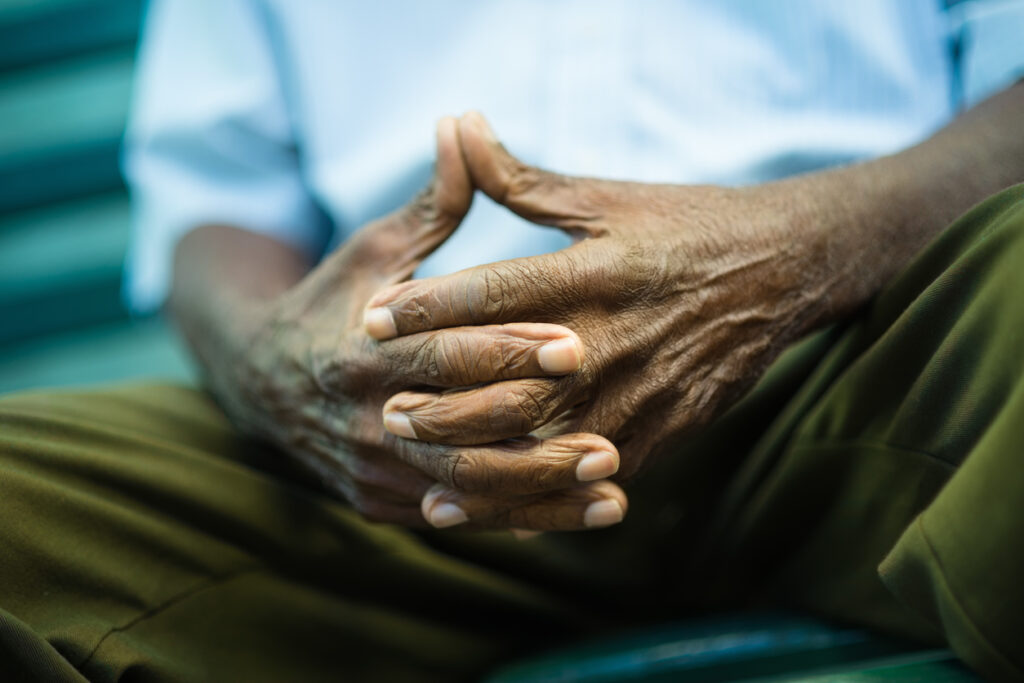Chicago, IL– Nursing home abuse comes in many forms, with physical, emotional, and sexual abuse being the most common. As of February 6, 2022, there were 16 nursing homes or long-term care facilities recently cited for abuse in Chicago, IL alone, according to the Centers for Medicare and Medicaid (1).
Unfortunately, that number increases significantly when surveying the entire state of Illinois.
The different types of nursing home abuse explained
There are several types of nursing home abuse occurring in facilities throughout the state of Illinois. Some of the more common types are discussed down below.
- Physical Abuse
When a nursing home resident is physically injured by another, this is considered physical abuse. Examples include punching, kicking, slapping, pushing, or pinching. Signs of physical abuse might include:
- Unexplained bruises or sprains
- Sudden changes in behavior
- Broken limbs or sprains
- A healthcare worker’s need to remain with the resident, even when their family is visiting.
- Sexual Abuse
Sexual abuse occurs in nursing homes more frequently than you might think. Both staffers and fellow residents can serve as the perpetrators behind these illegal acts. If a staffer or resident engages in any type of unwanted behavior (of a sexual nature), it would be classified as sexual abuse.
Now, because most nursing home residents suffer from one or more health conditions that might limit their ability to consent to a sexual act, it is always considered a nonconsensual act. Some examples of sexual abuse include (2):
- Fondling
- Touching
- Sexual threats
- Any other type of sexual activity in which a resident is unable to understand or is unwilling to consent.
- Physically forcing a person to engage in sexual behavior
- Making sexually inappropriate remarks
Signs of sexual abuse can sometimes be difficult to spot. However, if you notice your loved one’s attitude or behavior has suddenly changed without explanation or they appear to be frightened easily or frequently, consider looking into this. Not only can these serve as signs of sexual abuse but also (3):
- Bloody undergarments
- Sexually transmitted diseases or genital infections
- Torn clothing
- Bruising on the inner thigh, genital area, or breasts
- Vaginal bleeding, pain, or irritation
Although sexual abuse can happen to any nursing home resident, despite their age or gender, The National Consumer Voice for Quality Long-Term Care says “residents with dementia are particularly susceptible to sexual abuse because of their impaired memory and communication skills.”
- Emotional Abuse
A nursing home resident may suffer emotional abuse if they are verbally assaulted, threatened, yelled at regularly, intimidated, harassed, or subjected to any other type of verbal mistreatment.
Although verbal threats and bad-mouthing don’t equate to physical abuse, they can later translate into it down the road. Emotional abuse has the ability to lower a person’s self-esteem or even cause them to become depressed. Someone who falls into depression might not eat or sleep, both of which are essential to lead a healthy life.
If a nursing home resident were to become depressed as a result of the emotional abuse being inflicted upon them, they could potentially suffer both physical and psychological injuries.
If you think your loved one might be a victim of emotional abuse, talk to a Chicago, IL nursing home abuse lawyer today. They can help you identify the signs and determine what your next steps should be.
- Financial Abuse
Financial abuse typically occurs when an elderly individual is placed under the supervision of a healthcare worker or relative. However, this doesn’t mean nursing home residents can’t be financially taken advantage of. If a nursing home is managing an elderly person’s finances and they misuse their money, this would be a form of financial exploitation.
Who do I report nursing home abuse to in Illinois?
If you think your loved one is being abused or neglected by a nursing home staff member in Illinois, you can report it to any of the following entities:
- The Senior HelpLine, 1-800-252-8966
- The Illinois Department of Public Health (IDPH)
- The Illinois State Police Medicaid Fraud Unit
- The Regional Ombudsman located in the county where the long-term care facility is. If there is not an ombudsman located in the county, then search the region.
- A Chicago, IL nursing home abuse lawyer
If you aren’t sure who you want to report the abuse to or need more information on how to address the situation, Dinizulu Law Group, Ltd. is here to help. Finding out your loved one may have been mistreated by the very people who were supposed to be caring for them is difficult to accept. At Dinizulu Law Group, Ltd., our Chicago nursing home abuse lawyers will work with you to determine if you have a case and how you should proceed forward.
Although you may be feeling alone, confused, and frustrated, just know the lawyers at our Chicago nursing home abuse firm are ready to speak to you at no obligation.
You can contact Dinizulu Law Group, Ltd. at:
221 North La Salle Drive, Suite 1100
Chicago, IL 60601
Phone: 1-312-384-1920
Website: www.dinizululawgroup.com
Sources:



